Mondaic AG

Located in beautiful Zurich, Switzerland and founded in 2018 Mondaic AG/Ltd. is an ETH spinoff providing proprietary software and services for high-resolution 3-D imaging using ultrasonic or geophysical waves.
Mondaic offers scalable end-to-end solutions for all (visco)acoustic, (visco)elastic, and coupled waveform modeling and inversion needs. Utilizing cutting-edge research results, including innovations across all components, we deliver results faster, at lower costs, and with increased reliability.
A particular focus of ours is to bring technologies around waveform simulations and full waveform inversions (FWI), developed in geophysics over the last 20 years, to other domains like structural health monitoring, non-destructive testing, and medical imaging.
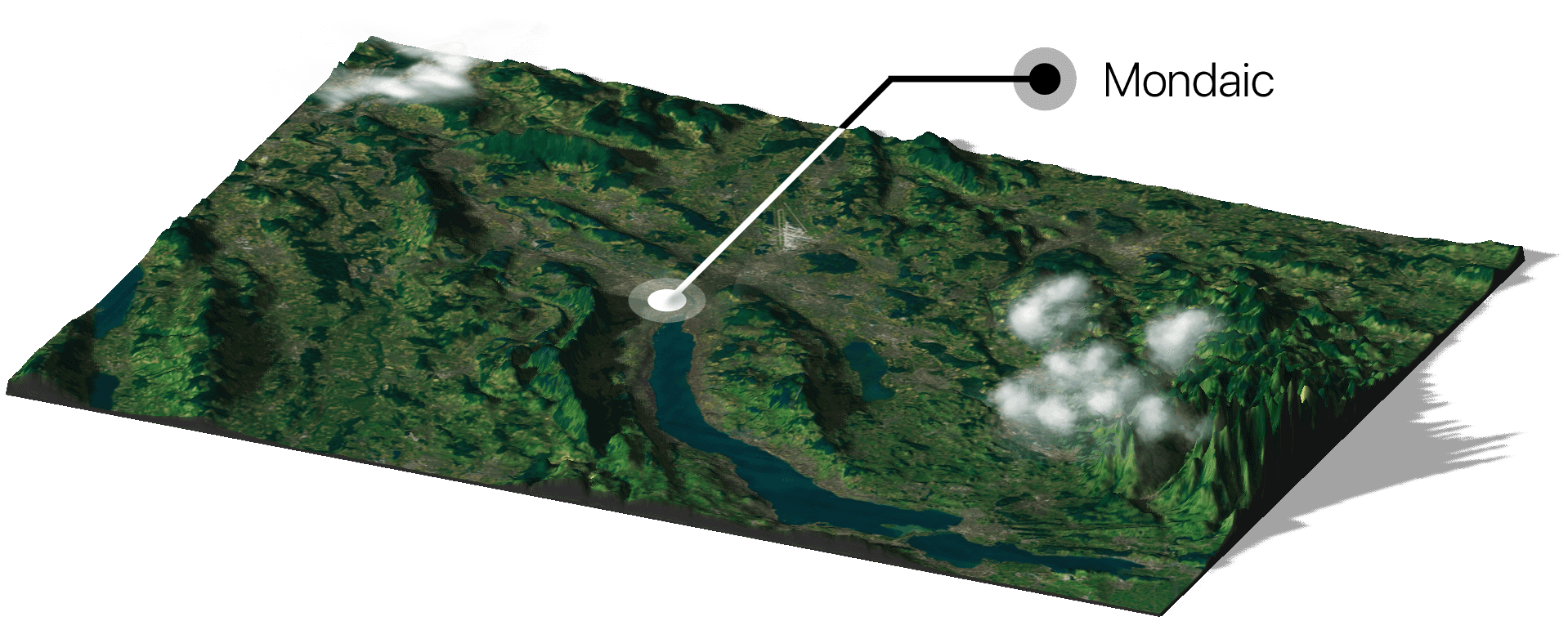
Please get in touch at [email protected]
Team

Michael Afanasiev, Ph.D.
Co-Founder
Michael Afanasiev obtained his PhD in Geophysics from ETH Zurich in May 2017 for work related to multi-scale full waveform inversion. He has a Bachelor’s degree in Computational Physics and a Master’s degree in Geophysics from McMaster University and Western University respectively, both located in Canada. He is a core developer of Salvus, and has won several awards for his work on full-waveform inversion from the CSEG, EAGE, and AGU societies.

Christian Boehm, Ph.D.
Co-Founder
Christian Boehm holds a PhD in Mathematics that he obtained from the International Graduate School of Science and Engineering at TU Munich in 2015. He has a Master’s degree in Mathematics and an Honours Degree in Technology Management from LMU Munich and TU Munich. Christian is a core developer of Salvus and an expert in nonlinear optimization and ultrasound tomography. He previously worked as a senior researcher at the Institute of Geophysics at ETH Zurich, and has also gained experience as a financial engineer in investment banking.
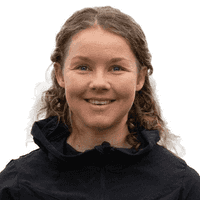
Nienke Brinkman, Ph.D.
R&D engineer
Nienke acquired her PhD in geophysics at ETH Zürich in 2022 focusing on characterizing seismic sources and investigating the shallow Martian subsurface properties, as part of the NASA’s InSight mission. Nienke is currently also a professional trail and road runner, competing at international events.
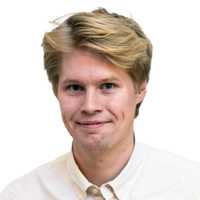
Lars Gebraad, Ph.D.
R&D engineer
Lars Gebraad completed his PhD in Bayesian seismology at ETH Zurich in 2023. He earned a Bachelor’s degree in Applied Earth Sciences from TU Delft and a joint Master’s degree in Applied Geophysics from RWTH Aachen, TU Delft, and ETH Zurich. His interests naturally gravitated toward inversion and inference algorithms applied to the physical sciences and cutting-edge computational methods. In his doctoral studies, he investigated the application of advanced Monte Carlo techniques to Full-Waveform Inversion and other inverse problems across seismology, machine learning and metamaterial research, developing the computational tools required into various open-source packages.

Lion Krischer, Ph.D.
Co-Founder
Lion Krischer earned a doctoral degree from the Ludwig-Maximilian University of Munich in 2017 working on scaling full waveform inversions to large data volumes. His works sits at the crossroads where seismology meets computational science, Big Data engineering, and machine learning. A major focus of his has always been the development and maintenance of production-grade scientific software using agile techniques. During the past 8 years he has been a core developer of a number of open-source packages pivoting around data orchestration, signal processing, cloud computing, and waveform simulations with a world-wide user base.

Patrick Marty, MSc
Waveform inversion specialist
Patrick currently pursues a PhD at ETH Zürich and his research involves adapting modeling methods developed in the field of geophysics to improve the imaging quality of medical ultrasound. During his Bacholor studies at Queen’s University in Canada, Patrick acquired considerable experience in the areas of tunnel engineering and exploration geophysics. Patrick subsequently pursued a Master’s in Applied Geophysics, his thesis project was completed at ETH Zürich and involved exploring the use of full-waveform inversion for imaging the human brain using ultrasound.

Simon Schmid, MSc
NDT application specialist
Simon is currently undertaking a PhD at TU Munich in the field of non-destructive testing. His topic is automation in non-destructive testing using ultrasound wavefield simulations and deep learning. Simon studied mechanical engineering at TU Munich, including a Master’s thesis about online quality control in the laser powder bed fusion 3D printing process.
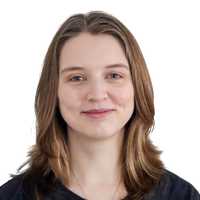
Krystyna Smolinski, MSci Cantab
Communications and application specialist
Krystyna is currently undertaking a PhD at ETH Zürich, focusing on the application of Distributed Acoustic Sensing (DAS) in urban environments. Her work involves exploring the potential to image the shallow subsurface using anthropogenic noise, particularly in non-ideal conditions. Krystyna previously studied Natural Sciences at the University of Cambridge, specialising in Earth Sciences, including a Master’s thesis on LLSVP travel time anomalies.

David Sollberger, Ph.D.
R&D engineer
David obtained a PhD in Geophysics from ETH Zürich in 2018 for research revolving around the development of algorithms for the processing of novel seismic observables, such as spatial wavefield gradients and rotational ground-motion. His doctoral thesis was awarded with the ETH medal. David's research interests include signal processing, tomographic imaging, and optimization problems in general. Before joining Mondaic, David worked as a senior researcher at ETH Zürich, where he was involved in several projects related to seismic imaging, signal processing, and planetary seismology. He is a member of the science team for the NASA Insight mission to Mars.
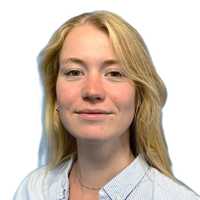
Katinka Tuinstra, MSc
R&D and application specialist
Katinka is currently undertaking a PhD at ETH Zürich, focusing on the application of Distributed Acoustic Sensing (DAS) in borehole environments and geothermal applications. Her work mainly focuses on source characterization of induced seismicity. Katinka previously studied Applied Geophysics. Her thesis, conducted at ETH Zürich, focused on exploring seismic simulations for scenario earthquakes in Istanbul, Turkey.

Chris Udell, MSc, MBA
Head of Business Development NDT
Chris Udell is a highly experienced, knowledgeable NDT professional. Over the course of more than 25 years, Chris has worked across industries and organisations in fields of business development, product management, and engineering with a focus on improving the performance, reliability and automation of NDT systems. He has a Masters degree in Physics from the University of Manchester and an MBA from Royal Holloway University in London. He has co-authored and presented several scientific articles and has patents for turbine component inspections. Chris' role at Mondaic is be to find, develop, and sustain business prospects in order to produce long-term value for the organisation and clients.
Scientific Advisors

Martin van Driel, Ph.D.
Scientific Advisor
Martin van Driel is a senior researcher with a focus on understanding seismic wave propagation phenomena, how these can be efficiently modeled with the help of modern supercomputing techniques and what we can learn about the subsurface from the observation of seismic waves. He is a member of the science team for the NASA Insight mission to Mars and received the 2018 EGU seismology division outstanding early career scientist award for his contributions in numerical seismology including the work on the Salvus software suite. He obtained his PhD in geophysics from ETH Zurich in 2015 and a Diploma in Physics from LMU Munich in 2011.

Andreas Fichtner, Prof. Dr.
Scientific Advisor
Andreas Fichtner is leading the Seismology and Wave Physics Group at ETH Zurich. He obtained his PhD from LMU Munich in 2010 for work on full waveform modeling and inversion, which he continued as a postdoctoral researcher at Utrecht University, before joining ETH in 2013. His research interests include inverse theory and tomography, numerical wave propagation, effective medium theory, and seismic interferometry. He received early career awards from AGU and IUGG, and is the recipient of an ERC Starting Grant. He serves as consultant in the development of Salvus, with focus on seismic/seismological applications.
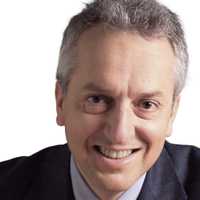
Domenico Giardini, Prof. Dr.
Scientific Advisor
Domenico Giardini is Full Professor of Seismology and Geodynamics at the ETH Zürich, Switzerland, since 1997. He studied Physics and completed his doctorate in 1987 at the University of Bologna. He worked as postdoctoral fellow at Harvard University (1982-1986), researcher at the National Institute of Geophysics in Rome (1987-1992) and Associate Professor of Seismology at the University of Rome III (1992-1997). He was the Director of the Swiss Seismological Service until 2011 and President of the Italian National Institute of Geophysics and Volcanology in 2011-2012.
 Mondaic
Mondaic